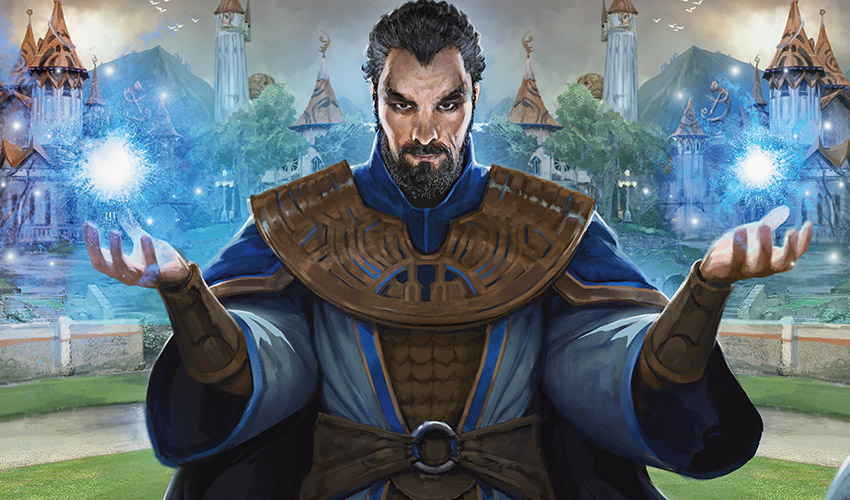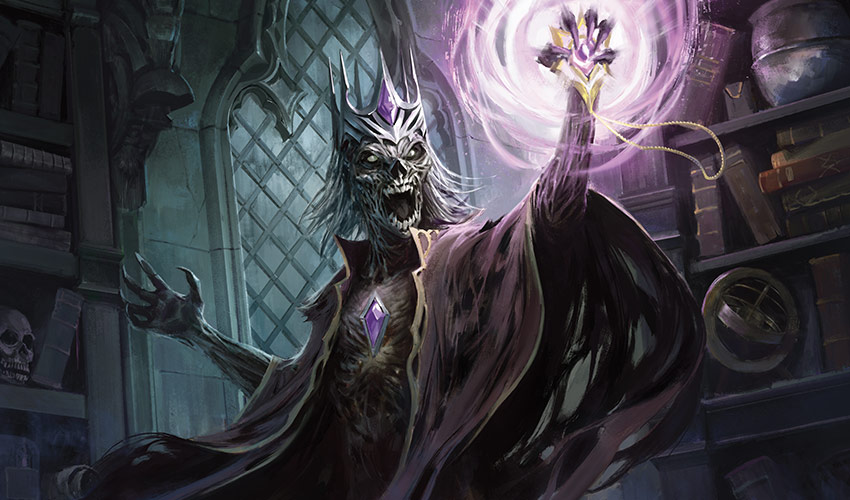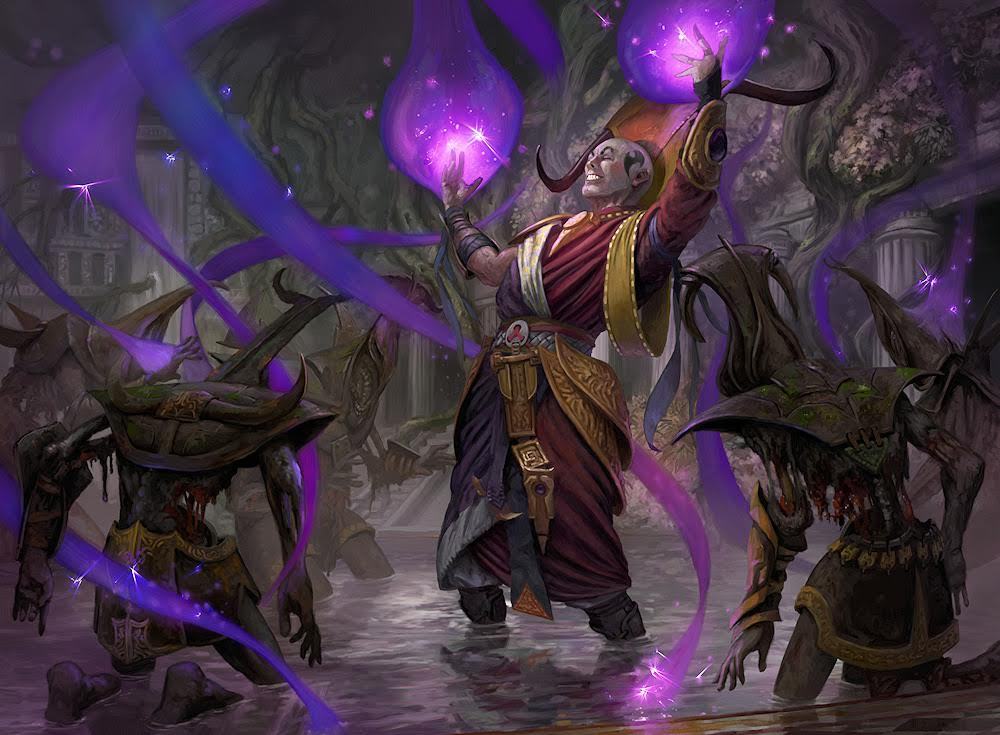
[Primer] The Wizarding World of Inalla
Commander / EDH* Competitive Control Infinite Combo Reanimator UBR (Grixis) Wizards
Instant (29)
- 1x Ad Nauseam
- 1x Brainstorm
- 1x Burnt Offering
- 1x Chain of Vapor
- 1x Culling the Weak
- 1x Cyclonic Rift
- 1x Dark Ritual
- 1x Demonic Consultation
- 1x Dispel
- 1x Entomb
- 1x Essence Flux
-
1x
Flusterstorm

- 1x Force of Will
- 1x Intuition
- 1x Lim-Dul's Vault
- 1x Mana Drain
- 1x Mental Misstep
- 1x Miscast
- 1x Mystical Tutor
- 1x Pact of Negation
- 1x Plunge into Darkness
- 1x Pyroblast
- 1x Red Elemental Blast
- 1x Shallow Grave
- 1x Snap
- 1x Swan Song
- 1x Tainted Pact
- 1x Vampiric Tutor
- 1x Winds of Rebuke
Creature (11)
Land (28)
- 1x Ancient Tomb
- 1x Arid Mesa
- 1x Badlands
-
1x
Blood Crypt

- 1x Bloodstained Mire
- 1x Cephalid Coliseum
- 1x City of Brass
- 1x Command Tower
- 1x Exotic Orchard
- 1x Fiery Islet
- 1x Flooded Strand
- 1x Island
- 1x Mana Confluence
- 1x Marsh Flats
- 1x Misty Rainforest
- 1x Morphic Pool
- 1x Polluted Delta
- 1x Prismatic Vista
- 1x Scalding Tarn
- 1x Snow-Covered Island
- 1x Snow-Covered Swamp
-
1x
Steam Vents

- 1x Swamp
- 1x Underground Sea
- 1x Verdant Catacombs
- 1x Volcanic Island
-
1x
Watery Grave

- 1x Wooded Foothills
Enchantment (4)
Commander (1)
Artifact (15)
- 1x Arcane Signet
- 1x Chrome Mox
- 1x Cursed Totem
- 1x Dimir Signet
- 1x Fellwar Stone
- 1x Lotus Petal
- 1x Mana Crypt
- 1x Mana Vault
- 1x Mox Diamond
- 1x Mox Opal
- 1x Sensei's Divining Top
- 1x Sol Ring
- 1x Talisman of Creativity
- 1x Talisman of Dominance
- 1x Wishclaw Talisman
Sorcery (12)
Maybeboard
Instant (1)
Suggestions
Updates Add
Comments
Attention! Complete Comment Tutorial! This annoying message will go away once you do!
Important! Formatting tips — Comment Tutorial — markdown syntax
Please login to comment
Casual
93% Competitive
Revision 23 See all
(4 years ago)
| +1 | Ancient Tomb | main |
| -1 | Cavern of Souls | main |
| +1 | Cyclonic Rift | main |
| -1 | Delay | main |
| +1 | Dimir Signet | main |
| -1 | Drown in the Loch | main |
| -1 | Faithless Looting | main |
| +1 | Fiery Islet | main |
| +1 | Gitaxian Probe | main |
| -1 | Into the Roil | main |
| -1 | Luxury Suite | main |
| +1 | Mox Opal | main |
| +1 | Opposition Agent | main |
| +1 | Phantasmal Image | main |
| -1 | Pyroclasm | main |
| +1 | Shivan Reef | main |
| +1 | Simian Spirit Guide | main |
| +1 | Snap | main |
| -1 | Spell Pierce | main |
| -1 | Steal Enchantment | main |
| Top Ranked |
|
| Date added | 7 years |
| Last updated | 4 years |
| Legality | This deck is not Commander / EDH legal. |
| Rarity (main - side) | 15 - 0 Mythic Rares 49 - 0 Rares 14 - 0 Uncommons 18 - 0 Commons |
| Cards | 100 |
| Avg. CMC | 1.78 |
| Tokens | Bird 2/2 U, Copy Clone, Emblem Jace, Vryn's Prodigy, Treasure |
| Folders | Competitive edh, EDH Resources, Stuff I like, Wizzards, research, Favorite Inalla Lists, Inalla, Inalla ideas :D, Grixis EDH - Inalla/Kess, Keep an eye on |
| Votes | |
| Ignored suggestions | |
| Shared with | |
| Views |






